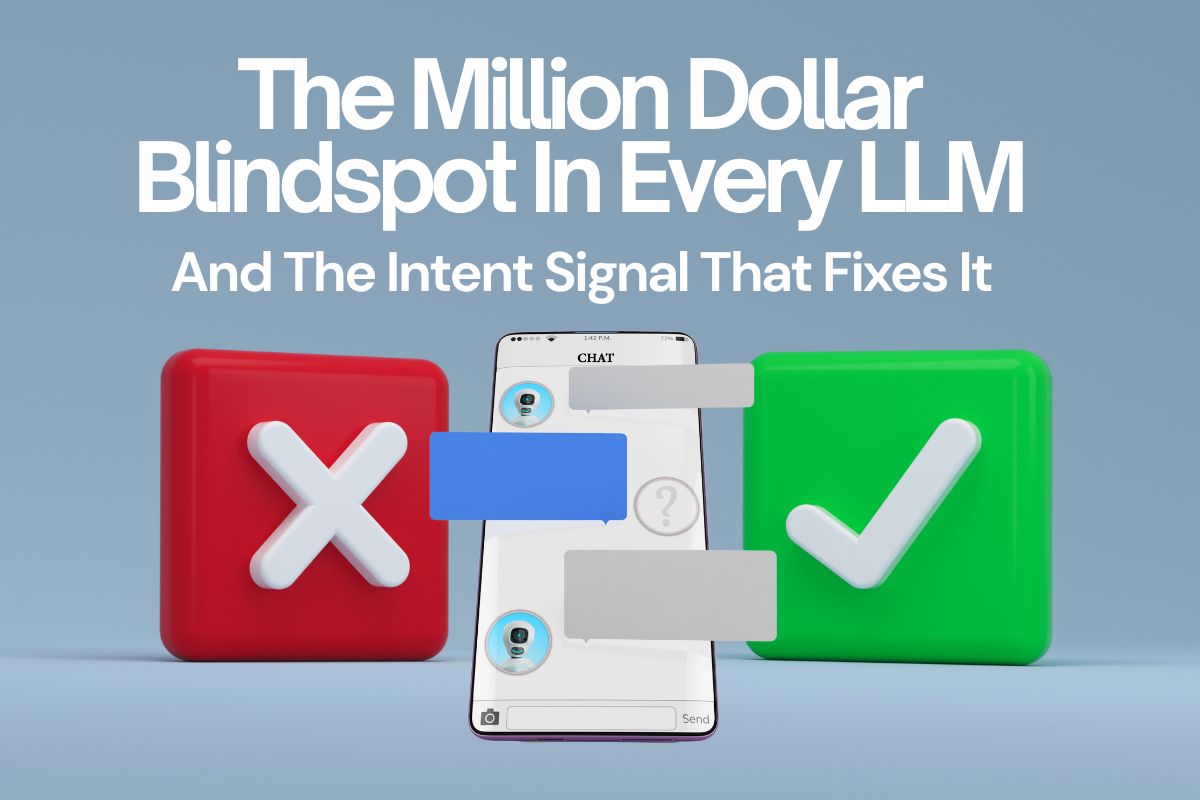Even in the pre-COVID days, standard website analytics (e.g. Google Analytics) didn’t move the needle too much when it came to achieving your sales quota. Yes, it did paint an overall picture of your website visitors, but it was doing so after the fact.
Even with contact forms or newsletter signups (or ebooks, or white papers), you were only able to respond or start a nurture campaign past the point of peak interest - when the prospect had already left your website. And a bigger problem is the number of people who were somewhat interested in your solution, but not convinced enough to share their email in the first place.
That is not to say that these tactics aren’t valuable. You do capture some interest and contact information. It’s just that they don’t help you understand who your website visitors truly are at the moment they visit your website. In fact, most companies can’t identify up to 98% of their website visitors at any given time, since they remain completely anonymous. So you end up only engaging the tiny fraction of visitors who give you their email address.
In the real-time world of today, and with the loss/decline in opportunities from traditional lead generating activities like conferences, sales teams can’t afford to miss any opportunities that are buried in their website, nor can they afford any lag between data intelligence and action. That’s why finding effective solutions to identify anonymous website visitors should be a priority. If you know who is visiting your website at any moment, and ideally their buying intent as well, you can quickly devise the most effective way to approach them.
It’s precisely this need for real-time, predictive insights that brings us to the world of identity intelligence.
What Is Identity Intelligence?
Identity intelligence is a highly predictive type of analytics that leverages machine learning and non-linear decision models to segment customers while they are still on your website.
Gartner defines identity intelligence as:
The process of gathering data about identity and access, and converting it to information and knowledge for action-oriented insight and intelligent decision making in IT and business.
In practical terms, for most sales teams today identity intelligence is synonymous with data-enrichment tools that use a variety of methods to identify anonymous website visitors and consolidate all information in a CRM. That information can then be used by BDRs to quickly decide on the most promising leads to pursue.
How Work-from-Home Is Changing Identity Intelligence
Even though data-enrichment tools scan cookies and track on-page behaviour to try to identify anonymous website visitors, their most effective trick is to trace IP addresses down to the physical locations of corporate offices.
In the pandemic world, however, when everyone is working from home, this approach has been rendered moot — anonymous visitors can’t be associated with a reliable business location anymore.
Besides, data-enrichment solutions were not perfect to begin with — the best of the lot managed to uncover the identity of only about 30% of your visitors, missing out on the chance to turn the other 70% into valuable leads.
Instead, companies need an improved way of accurately identifying their visitors - and the answer doesn’t lie in IP address, but in the buyer intent data of their visitors, which leverages factors besides the physical location.
The Solution: Buyer Intent
The question is what other attributes can companies rely on when it comes to understanding true buyer intent rather than just pure identity?
A unique platform leveraging the capabilities of artificial intelligence to identify anonymous website visitors is Lift AI.
Lift AI runs on a proprietary machine-scoring model that assigns buyer intent to every single website visitor with over 85% accuracy.
Unlike mostly reactive Identity Intelligence software that reports back to the CRM, Lift AI is built for action — it works in tandem with your chat platform of choice (e.g. Drift, LivePerson) to determine the best engagement path for every visitor. Depending on the level of buyer intent, Lift AI might direct visitors to a self-help chatbot (low scores), a qualification bot that could potentially connect to a representative (medium scores), or to your sales team directly (high scores).
Such an approach not only ensures that your sales team never gets overwhelmed with low-quality leads, it also maximizes conversions and substantially increases revenue from your website traffic.
Finally, Lift AI is not designed to replace any tools you already use, be it website analytics, contact forms, or data-enrichment tools, but rather work alongside them. Lift AI’s power comes from training its machine-scoring model on more than 15 years worth of sales data from multiple industries, including more than a billion visitor profiles and more than 14 million sales interactions.
You can get all the identity intelligence benefits of uncovering true buyer intent with Lift AI completely free for 30 days. Just start your trial by installing a simple JavaScript snippet on your website — no credit card required — and access valuable insights on all the work-from-home traffic visiting your website right away.






